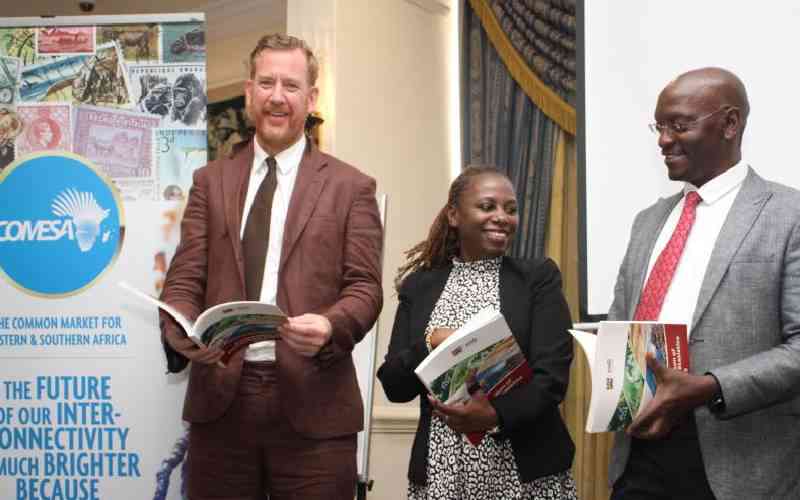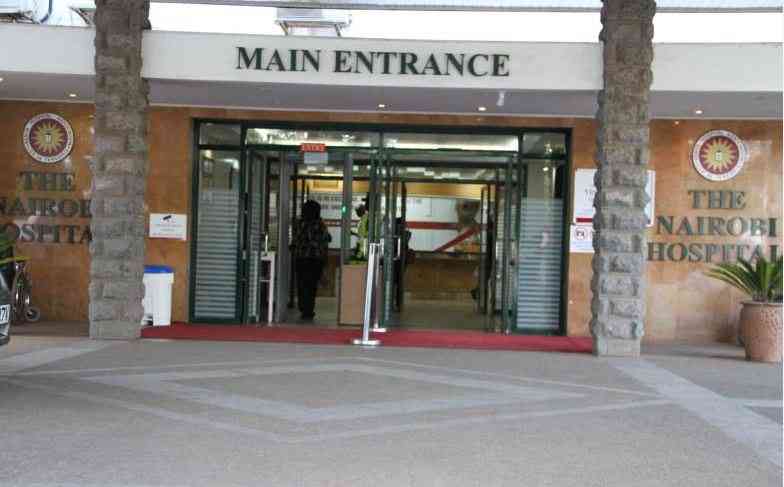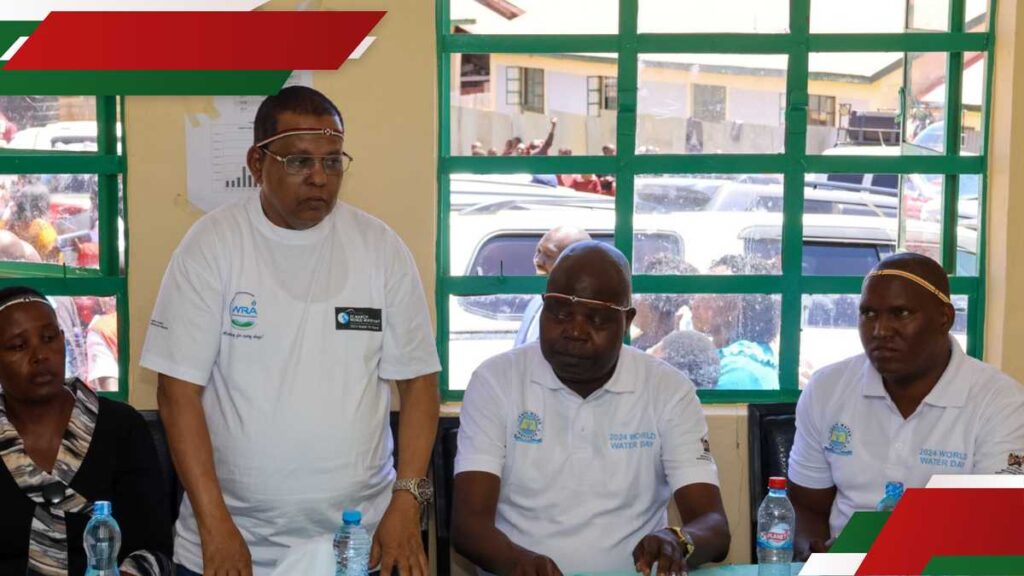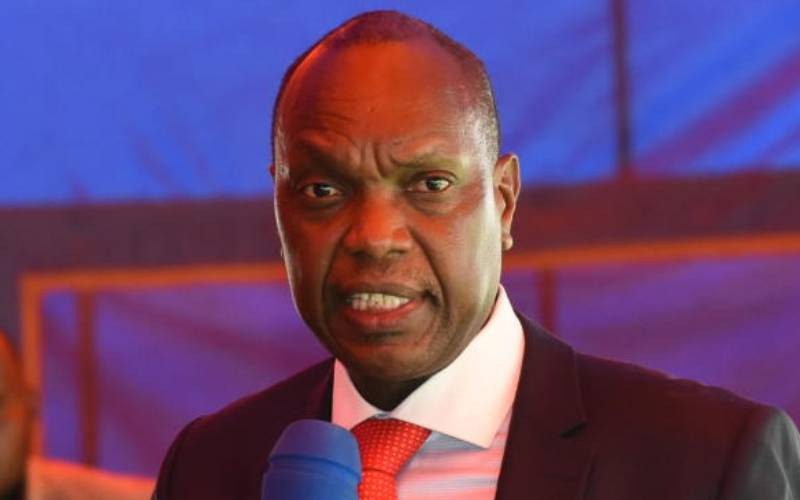The government plans to revise the Statistics Act (2006) in a Sh19.1 billion strategy to revamp how data is collected and disseminated.
The strategy also seeks an allocation of Sh6.3 billion for statistics-related matters, the creation of a Data Literacy Programme for non-statistics government staff, and the establishment of a statistical training institute.
Further, all ministries, departments, agencies and corporations will be required to set up statistics units.
The Sh6.3 billion, known as the Statistics Fund, is pegged on a recommendation adopted by the African heads of state and government and seconded by the Second Harmonisation of Statistics in Africa, for countries to allocate 0.15 per cent of their budgets to statistics.
The amendment of the Statistics Act (2006) will also go hand-in-hand with the revision of the National Statistical Policy Framework.
These efforts are aimed at including new sources of data such as citizen-generated data and big data, and reducing confusion caused by conflicting figures from different agencies on the same matter.
The Second Kenya Strategy for Development of Statistics (KSDS II), launched by the Kenya National Bureau of Statistics (KNBS), states that the current legal framework anchored in the Statistics Act (2006) needs updating.
This Act was amended in 2019 and 2022.
“While this Act has served as a foundational pillar for Kenya’s statistical system, there is a need to review and update it to address emerging statistical issues and align it with international best practices,” says KNBS in the strategy.
It adds that the review of the Act should focus on incorporating advancements in data collection methodologies, addressing data privacy concerns, and ensuring that it remains relevant in a rapidly evolving data landscape.
Further, KNBS says a coherent and comprehensive National Statistical Policy Framework is equally important to guide the development, coordination, and implementation of statistical activities across the country.
“The policy should address emerging issues such as the integration of non-traditional data sources, including big data, geospatial data, and citizen-generated data, to complement conventional data collection methods,” the strategy says.
It adds that the increasing recognition of big data, business administrative records, geospatial analytics, and citizen-generated data has expanded Kenya’s data ecosystem, fostering collaboration beyond traditional government institutions.
Stay informed. Subscribe to our newsletter
The document says KSDS I integrated ministries, departments, agencies, and counties (MDACs) into the statistical planning framework, strengthening statistical units within MDACs and improving their capacity for data collection, processing, and utilisation.
However, the current framework for sharing statistics in Kenya is characterised by a decentralised system where various agencies independently produce and manage data.
“This fragmented approach often leads to inconsistencies, duplication of efforts, and inefficiencies,” the strategy says.
“To address these challenges, the development of formal data-sharing agreements or memoranda of understanding among relevant institutions is important.”
The 2025–2026 strategy argues that the establishment of statistics units within all ministries, departments, agencies, and corporations will ensure effective coordination, aligning data collection, analysis, and dissemination with national priorities.
To ensure this works, the strategy recommends the establishment of a statistical training institute and a Data Literacy Programme.
“To empower non-statistical professionals, a Data Literacy Programme will be launched to equip them with essential skills for understanding, interpreting, and effectively using statistical information,” the strategy says.
This initiative borrows from other successful programmes such as Data Literacy for Policymakers by the World Bank.
The statistical training institute, on the other hand, is not only meant to improve competencies but also to generate revenue. A budget of Sh405 million has been recommended for the establishment of the institute.
“Additionally, it will generate revenue through training programmes, consultancy services and research collaborations with academia and private sector entities,” the strategy says.

























